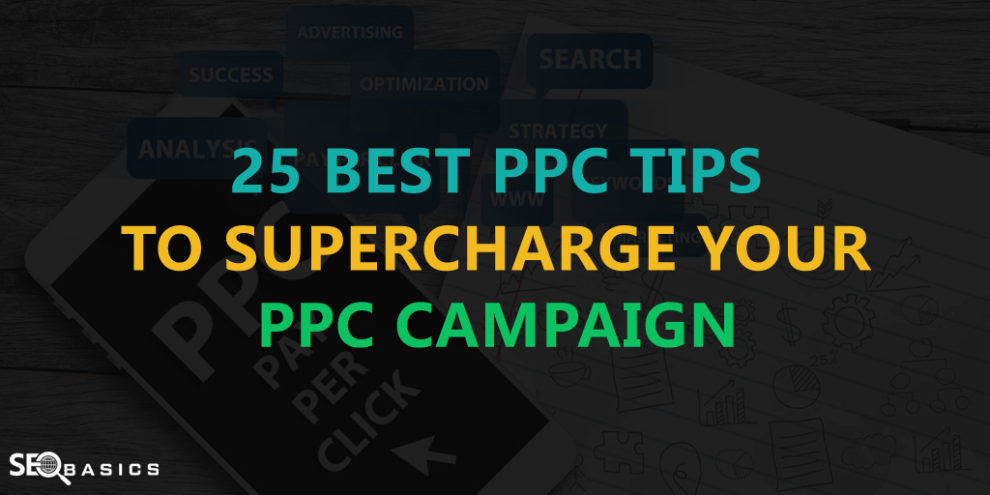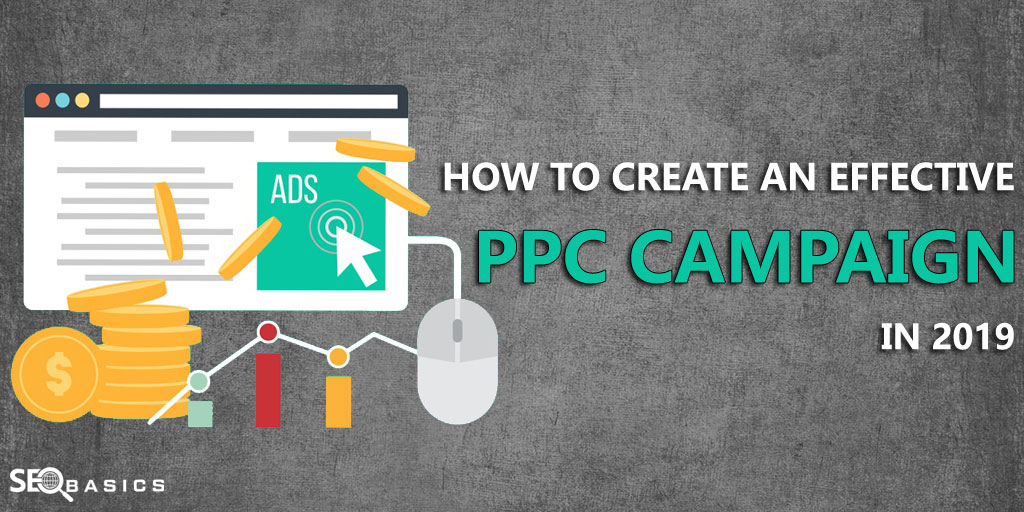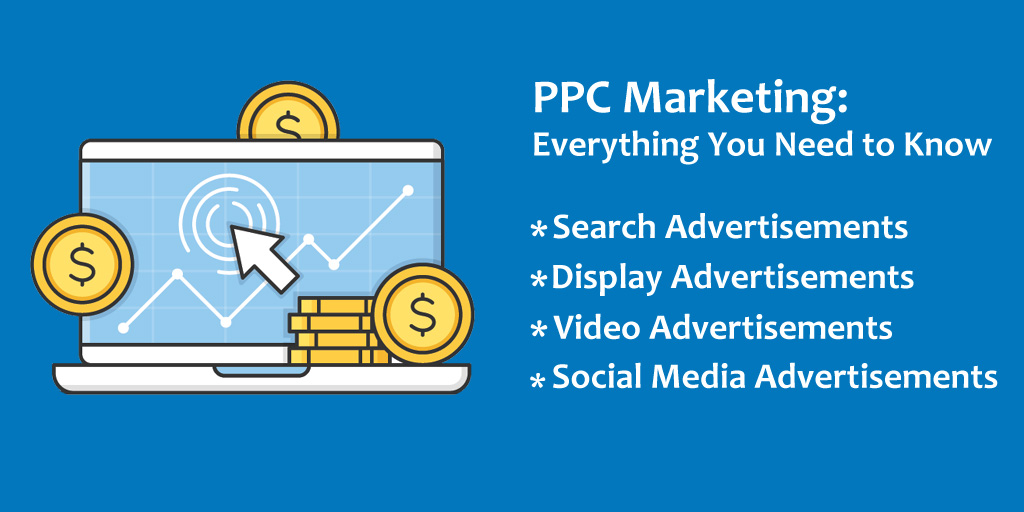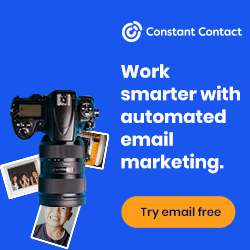Looking for the best PPC tips for beginners that pro-level advertisers suggest? Then this is the right place for you.
Frankly speaking, when it comes to online ads, PPC, or Pay per Click, is currently the best form of advertising over the internet.
The most popular search engine in today’s digital world is Google.
It makes use of AdWords, which help your website gain traction and trend over the internet.
Google advertises the website’s advertisements (ads) and using the PPC model, every time a user clicks on the ad, Google collects a fee.
So, advertisers pay a fee to Google for every single click that their ads get on the web.
Google’s AdWords concept is pretty straightforward and is thus being widely used.
It is also rapidly being adopted in marketing strategies as it creates numerous opportunities and draws a lot more exposure.
It also helps businesses improve their revenues.
By optimizing your company’s PPC campaign, you can achieve excellence.
25 Best PPC Tips to Optimize Your PPC Campaign in 2020
1. Know Your PPC Campaign Goal
It is essential to define your goals for your marketing campaign.
The goals are the foundation of your marketing strategies and help optimize the PPC campaign according to your needs.

These can be maximizing sales, widening audience base, increasing traffic, lead generations, subscriptions, and such.
While creating goals, it is important that you opt for SMART Goals and they are-
- Specific
- Measurable
- Achievable
- Realistic
- Time-Bound
2. Pick a Platform for Your PPC Campaign
As mentioned earlier, Google Ads is one of the popular platforms for PPC campaigns.
But it is not the only option.
Giving competition to Google, there is also Facebook Ads, Bing Ads, as well as Twitter Ads.
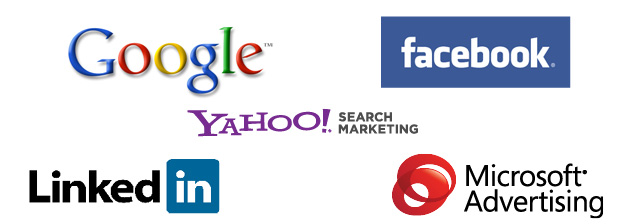
Users can choose from different objectives and have their ads sponsored or promoted.
These platforms also have their analytics and reporting dashboards.
So, it is important that you choose the right platform for running your PPC ads.
For instance, if you think your target audience is on Facebook, you can run ads for App Engagement, App Installs, brand Awareness, Store Visits, Local Awareness, Website Conversions and so on.
In the same very manner, you can choose other platforms as well to run your PPC ads.
3. Choose the Bidding Strategy
Google AdWords has various bidding strategies to help you according to your goals.
These strategies include conversion-based, impression-based, click-based, views, or interaction-based policies.
By deciding on the best plan in line with your requirements, you can achieve the desired results.
Conversion based strategies include Target Cost Per Acquisition (CPA), Target Return On Ad Spend (ROAS), Maximize conversions, Enhanced Cost-Per-Click (ECPC) Options.
Impression based strategies include Target Search Page, Target Outranking, Cost Per Thousands Viewable Impressions (vCPM) types of bidding strategies.
Click based strategies include Maximize Clicks and Manual CPC options while Views or Interaction based strategies include Cost per View Bidding options.
4. Determine Your Budget
The campaign’s budget decides a lot of factors.
The budget chooses to the limit of clicks, the time range of display of ads, among other features.
With Google Ads, you can set a daily limit, while on the other hand, on Facebook and Twitter, you have to select the increments of your payments for the ads.
5. Choose the Kind of Ad You Want
There are several types of ads to choose from.
These include search ads, display ads, video ads, and application ads, among others, depending upon the platform you pick.
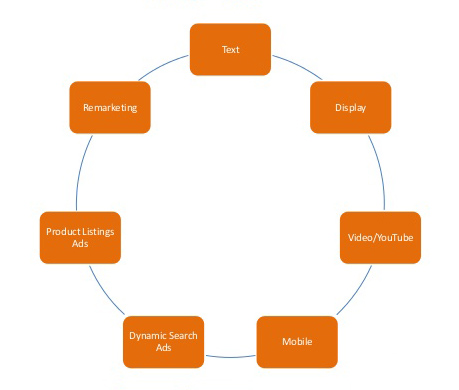
Each platform gives a range of ad types from which you can choose.
You can pay for them and, thus, get clicks on them.
6. Decide Upon Your Right Audience, Location, Keywords, and Interests
In any PPC campaign, it is upon you to decide the audience groups you want to reach.
Depending on your needs, you can customize the locations, interests, keywords, and so on.
You can tailor your PPC campaign to the right audience by creating customized audience groups.
You can further optimize it by adding search terms or keywords to which you want your ads to appear.
It is important that you focus upon the high performing keywords and filter out low performing keywords.
7. Categorize Your Campaign Into Groups
By putting your keywords into ad groups, you can alter and differentiate among search terms related to the ad.
Two particular types of lists should be kept in mind; a list of suitable keywords ad group and a wrong keywords ad group.
By making groups, you can make your campaign more personalized as per the search intent of your users.
8. Create Good Ad Copies
Creating suitable ads means using the best available tactics to attract potential customers.
Utilizing high-performing keywords and producing quality content can help your business’s ad gain traction and improve it’s CTR.
It can also further help improve the overall ROI.
Having ads with attention-grabbing headlines is important, plus your ad should also be relevant and specific.
Including CTA and highlighted USPs are also important points to remember for creating conversion-driven PPC Ad copies.
9. Focus on Including Optimal Performance Keywords
To optimize the PPC campaign, the keywords should be checked for their performance.
Only the ones with excellent performance should be contained in the content.
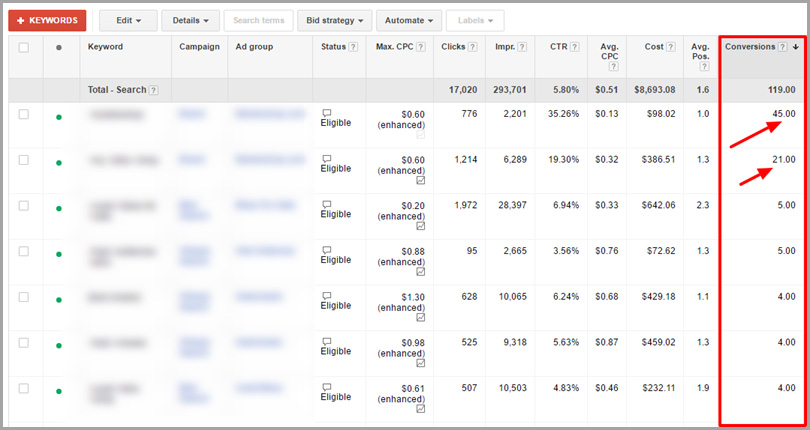
They help increase traction.
Also, you should focus on changing the keywords to identify the best bids for you.
Using keywords that perform based on your niche audience is important here.
10. Avoid Low Traction Keywords
Keywords that have been showing low performance can bring down the performance of the PPC campaign.
These do not gain much traction and can hurt your spend.
While analyzing the keywords, switch the low performing keywords with better ones to generate more clicks and conversions.
11. Know the Negative Keywords of Your Campaign
Negative keywords hurt the advertising spends by being triggered by irrelevant searches.
By generating a list of negative keywords, you can avoid these and, thus, any undesired traffic.
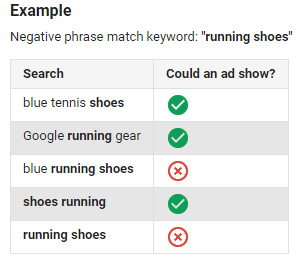
It, in turn, also saves money that could have been wasted due to irrelevant clicks.
With the help of this, your ads will not be shown for those terms that you consider negative keywords.
12. Set Up Tracking and Analytics
If you are using Google Ads, its analytics platform is a convenient tool.
It offers insights into your campaigns by informing you about its performance, interaction with users, and what the customers find attractive.
This information can be used to enhance the PPC campaign.
13. Make Use of the Iceberg Effect for Better Controlling of PPC Campaigns
It is not always that the keywords you pay for and the ones you are targeting are the same.
The Iceberg Effect gives an unhealthy ratio between the search and the keywords.
However, by utilizing SKAGs, or Single Keywords Ad Groups, one can gain better control of the ad group.
14. Display Your Ads at an Optimal Time
By displaying the right advertisement at the right time and to the right audience is the best way to attract clicks and conversions.
It is essential to schedule the optimal time for displaying your ad.
Depending upon whether you are a B2B or a B2C company, the times differ according to your client base.
Being aware of the availability of your audiences on different platforms will help you know the right time to run PPC Ads.
15. Optimize the Geolocation Settings
Make the most optimum use of the availability of GPS locations.
By targeting specific and strategic areas according to your needs, you can target particular audience sets.
It can help you increase your business in a much more optimized manner.
You can target countries or areas within a country or radius around a location-based upon your requirements and audience base.
16. Add Ad Extensions
Ad extensions, as the name suggests, shows additional information about what the ad talks about.
It gives the prospective customer a better idea of the product or the service.
They also help enhance visibility as well as the click rate.
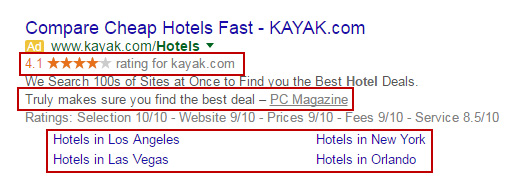
It improves the overall return on investment.
Using Ad Extensions makes your Ad more clickable.
Different types of extensions available for you are-
- App Extensions
- Site-link Extensions
- Location Extensions
- Call Extensions
- Review Extensions
17. Conduct Regular A/B Tests
It is prudent to keep conducting regular A/B tests for all the elements within the campaign.
It helps make the ads relevant.

The various aspects of the announcement that can be tested include keywords, links, headlines, descriptions, and ad extensions.
Whereas, for a landing page, the elements include- CTA, images, headline, design, and feature.
18. Employ Device Targeting Methods (Mobile Marketing)
By utilizing effective device targeting, you can increase the Clickthrough Rate (CTR).
Whether you choose to create only mobile device-based advertisements or call-only ads or even a free text ad, your user target set will vary accordingly.
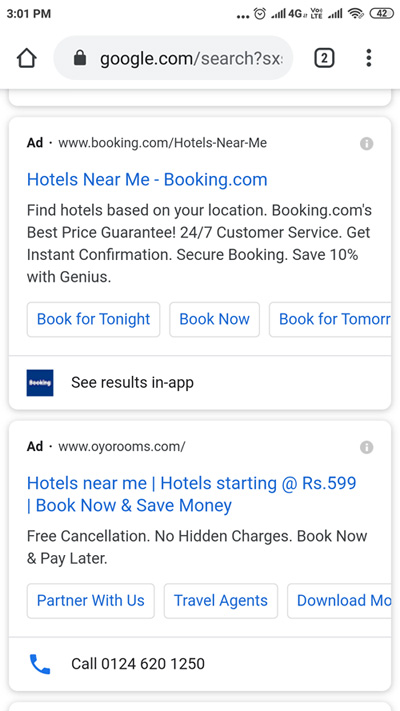
Seeing the ubiquitous presence of mobile devices, the use of effective Device Targeting Ads is going to be one of the most productive PPC tips for optimizing conversions.
19. Optimize Your Landing Page by Matching It to the Intent of the Ad
Make sure that after the customers click on the ad, they are redirected to an appropriate landing page that talks about the product or service for which the customer clicked.
If the ad’s landing page is not aligned with the announcement, it will just end up confusing the customer.
An example of this is redirecting the customer to the homepage or a generic page for all the advertisements included in the campaign.
Having ad-specific landing pages helps advertisers to have ad copies that complement landing pages.
Such landing pages should include your USPs, features and notable benefits.
20. Maintain a Correlation Between Your PPC Campaign and Other Marketing Objectives
By monitoring and understanding from the analytics reports, you can understand whether your PPC campaign is performing in the way you need it to.
With the data provided from the analytics section, you can also check whether the drive is in line with your other marketing initiatives.
This helps the company perform better and gain better traction.
21. Utilize DKI i.e. Dynamic Keyword Insertion
By making use of Dynamic Keyword Insertion, i.e., DKI, the CTR can be improved.
By making sure your keywords are not broad within the ad group, DKI can help you to optimize your PPC campaign.
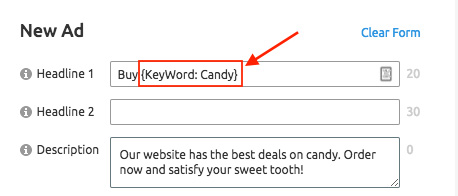
For instance, if you want to run ads for shirts and your keywords are sweat shirts, black shirts, winter shirts, summer shirts, etc. then your DKI code would be Buy>{Keyword: Shirt}.
This will let your ad be more close to the search query of your target audiences, as your DKI code will be replaced based upon the search query.
22. Refine the Match Type
By refining the match type, you can make sure that the keywords you have included are not broad, which can thereby get triggered by irrelevant clicks.
Sloppy match type leads to a waste of money, as well.
That is why it is important that you opt for the best-suited match type for your PPC campaigns.
23. Get Granular with Your PPC Campaign
By getting more micro or granular with your PPC campaign, you can have better control and success.
The more detail-oriented your campaign is, the scope for conversions is increased.
By breaking down more massive macro conversions into micro ones, you can better understand the issues in your campaign.
24. Use Remarketing
It is advisable to remarket to the people who visit your website; however, leave before a conversion.
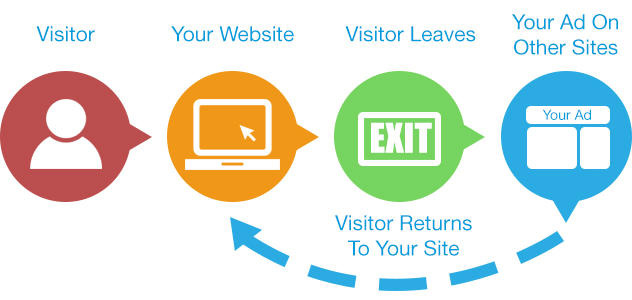
It is better to advertise during one session itself as the money you are investing in remains the same.
It helps you save money and work with an existing budget effectively.
25. Keep Checking on Your Ads and Its Performance Regularly & Experimenting
It is essential to keep on checking the performance of your PPC campaign regularly.
Some small startups do not give as much importance to their campaigns, which leads to an outdated campaign which no longer helps the company gain the attention it requires.
Moreover, it is also vital to keep experimenting with the keywords to have the most optimized list and, thus, campaign.
Wrapping It Up!
By adeptly using PPC marketing campaigns, you will be able to optimize your reach on the web and meet your most interested customers to boost lead generations and conversions.
The aforementioned PPC tips will help you do this in the most effective and result-driven manner possible.
So, which one do you find the most effective PPC campaign tip?
Did we miss any of the PPC practices that you prefer?
Tell us in the comments below.



